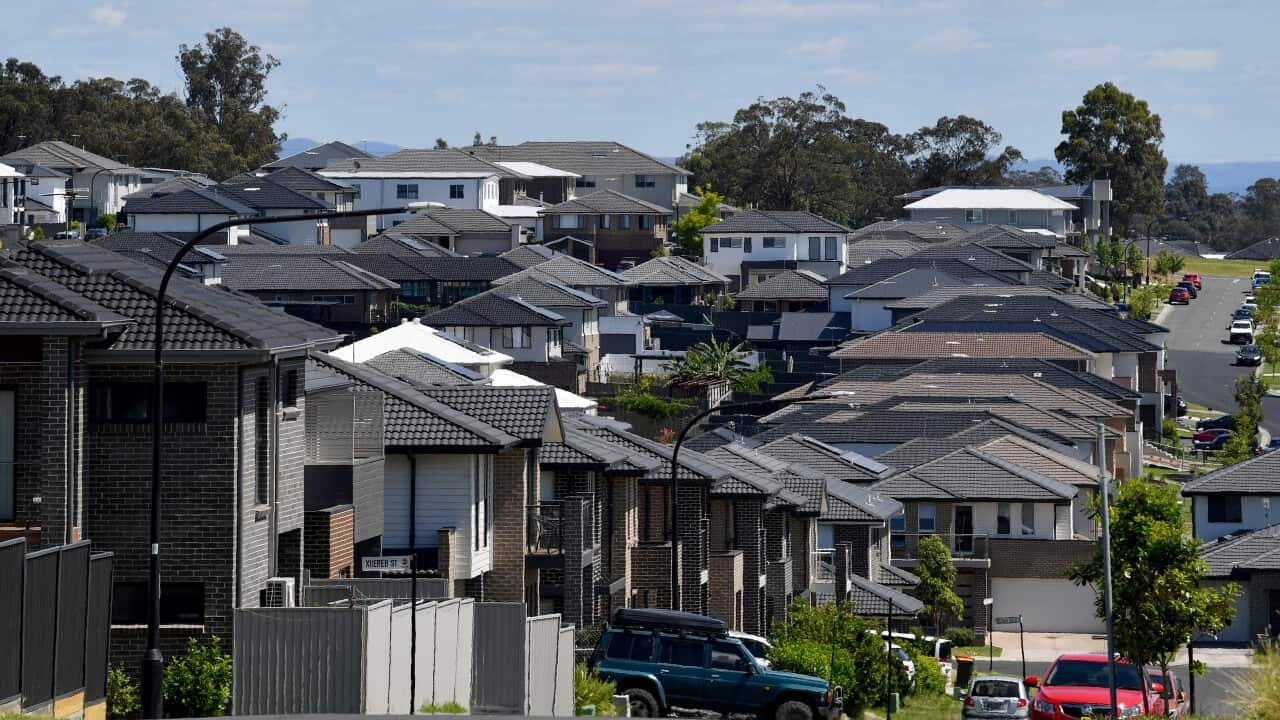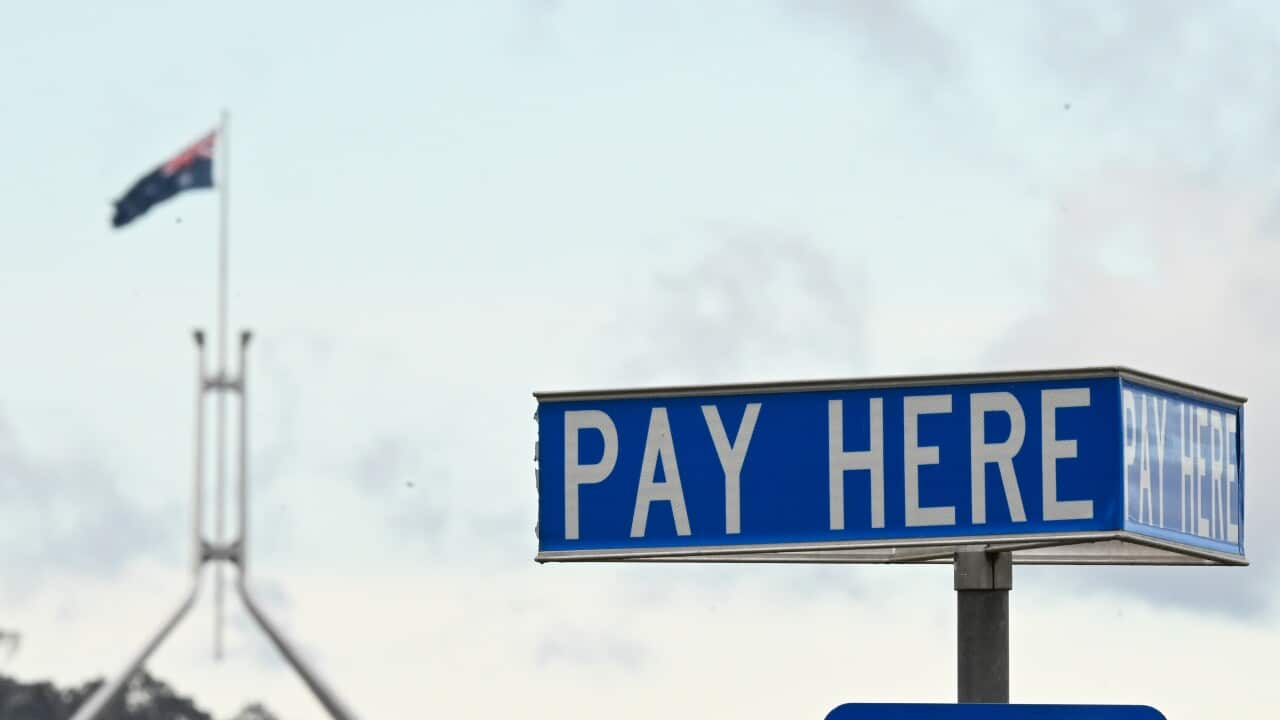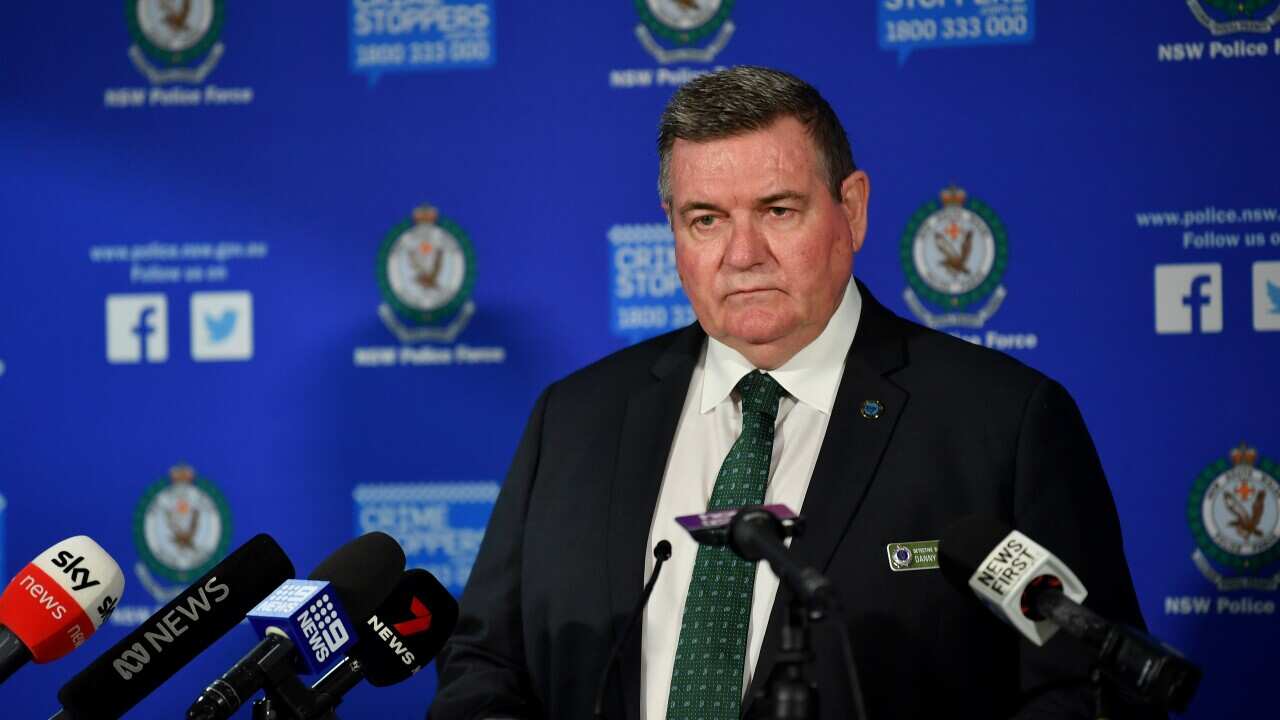Key Points
- ABS' consumer price index for November came in at 4.3 per cent; the smallest annual increase in nearly two years.
- Market analysts believe lower inflation could lead to a rate cut from around the middle of the year.
- Rates are not expected to fall as quickly or as far as they rose over the past 19 months.
When , the head of Australia's Reserve Bank (RBA) kept the door open to more increases in the new year.
However, data out this week has those with economic insight talking about the next rate cut rather than increases.
After 13 interest rate rises in 19 months, could the cash rate move downwards in 2024?
Key indicator points to rate cut
In a post-meeting statement after the RBA kept rates on hold at its last meeting in 2023, governor Michele Bullock indicated "further tightening of monetary policy" could be required to "ensure that inflation returns to target in a reasonable time frame."
She also said the direction rates would go would depend upon further "data and the evolving assessment of risks."

Source: SBS News
Economists had tipped a 4.4 per cent rise in prices, but Australian Bureau of Statistics figures showed inflation slowed from an annual rate of 4.9 per cent in October to 4.3 per cent in November.
Some market analysts who spoke with SBS News believe unless there was a significant economic shift, the inflation slowdown likely spells the end of the RBA's tightening cycle.
When will the RBA reduce interest rates?
Deloitte Access Economics partner Stephen Smith said the inflation figures "really cement the case that there won't be an interest rate increase in February or indeed, another one in this cycle."
"We think that we've now reached the peak in interest rates and that there's all likelihood that there will be some interest rate cuts later on in 2024."
He forecasted a decrease in interest rates could come in September.
"The RBA will want to be really quite sure that it has inflation well in check before it starts cutting interest rates."
Smith said mortgage holders had "borne the brunt of RBA's policy decisions and maybe they’ll get a break later in 2024."
He noted future interest rate reductions could also have some negative impacts.
However, he added: “The other side of that story is while borrowers benefit when interest rates get cut, savers lose out and many savers tend to be those who are retired."
Possibility of an August rate cut
Josh Gilbert, market analyst at eToro said with the latest inflation data, interest rate cuts could come by August.
"I think that could even be sooner if inflation keeps moving in the right direction," he said.
Gilbert said the fourth quarter for 2023, due to be released on 31 January would also inform the RBA's next decision on interest rates in February.
"They [the RBA] want to see consumption slowing down because ultimately if you know consumers are still spending in a big way, that is going to feed into inflation," he said.
Potential interest rate reprieve in June
Senior market analyst for IG Australia, Tony Sycamore, told SBS News a rate cut could come as soon as June.
His optimism was also due to the inflation figures.
"The headline and the core or the true mean, whichever one you'd like to look at, they showed good signs of deceleration, which keeps that disinflation narrative in place," he said.

IG Australia senior market analyst Tony Sycamore says a rate cut could come as soon as June. Source: Supplied / SUWIRTO ARIS
Three rate cuts in 2024
AMP chief economist Shane Oliver predicted there will be three rate cuts in 2024, starting in June, but he said rates would not go down as fast or as far as they had risen in recent years.
“I doubt very much that we're going to get back to the lows we saw two years ago, when we had the variable rate, and we had the cash rate at 0.1 per cent," he said.
“I suspect we've come into a more inflation-prone world now, because globalisation - which was a big driving factor behind pretty low inflation pre-pandemic - is in reverse to some degree; government policies are a little bit more protectionist, with more spending on defence globally and extra pressure on commodity prices."
“Populations are ageing, there are less workers and more spenders, particularly as the baby boomers retire.”
“All of those things probably make the world a little bit more inflation-prone ... so central banks will probably be somewhat cautious in terms of the speed with which they cut rates and how low they ultimately go.”
Could Australia go into a recession?
While it is not AMP’s base case, Oliver said there is "always a risk that we go into recession, that's the sort of the flip side of all of this.”
“With inflation starting to fall because of weaker economic growth ... people are directing more of their spending into periods when the sales are on and they often do that because their budgets are pretty stretched," he said.
“That could be a telltale sign that we're coming into a tougher economic period in terms of economic activity with higher unemployment."

A growing number of Australian households began to feel the effects of financial stress in 2023 and some of this could continue into 2024. Source: Getty / Traceydee Photography
“If we go into recession, then they probably have to cut by bigger amounts.”
He said while aggressive rate cuts would be good for those with steady employment who could service their mortgage, such economic conditions were "not so good for those who lose their jobs.”
Smith agreed Australia’s economic environment in 2024 would be “relatively weak.”
He said this was a “carryover” from 2023 when household finances began to become strained.
“We think that consumer spending and household budgets generally are under a lot of strain, we're still seeing some households roll off fixed-rate mortgages onto much higher variable rates and we're also seeing that housing construction sector remain really in the doldrums.”
The RBA's next meeting will be on 6 February.












